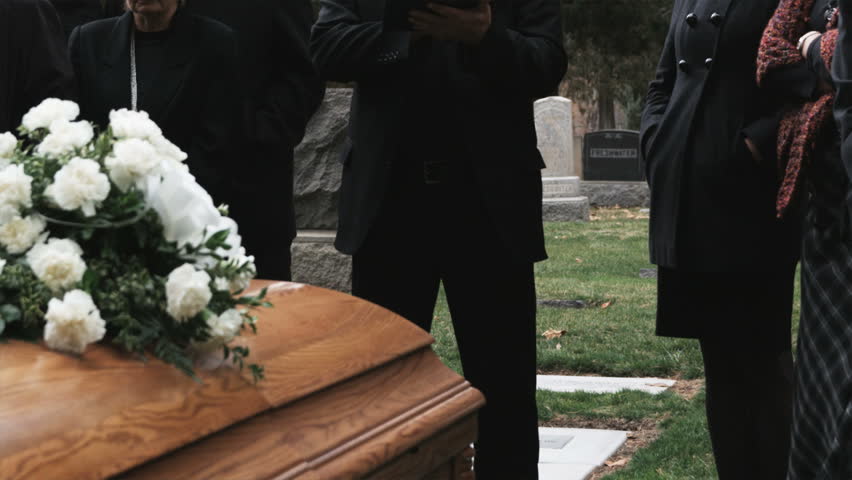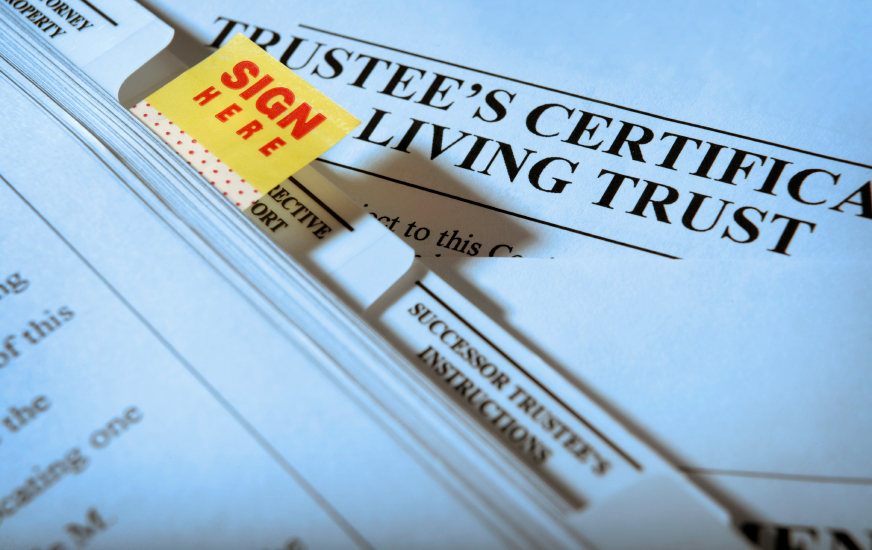I have had an increasing number of clients approach me asking an increasingly-difficult question: “Should I provide my child with funds for her first home down payment, or focus on my own lifetime needs and leave my (presumably larger) estate as an inheritance when I pass away?” This is not an easy decision, since it depend both on the parent’s finances and health issues, and the child’s cash flow and social issues. Many middle-class parents realize their children’s purchasing power for real estate is significantly weaker than theirs was: Real estate prices have outpaced income growth over the last twenty years, while the number and cost of financial commitments (such as student loan debt and health insurance payments) have


















